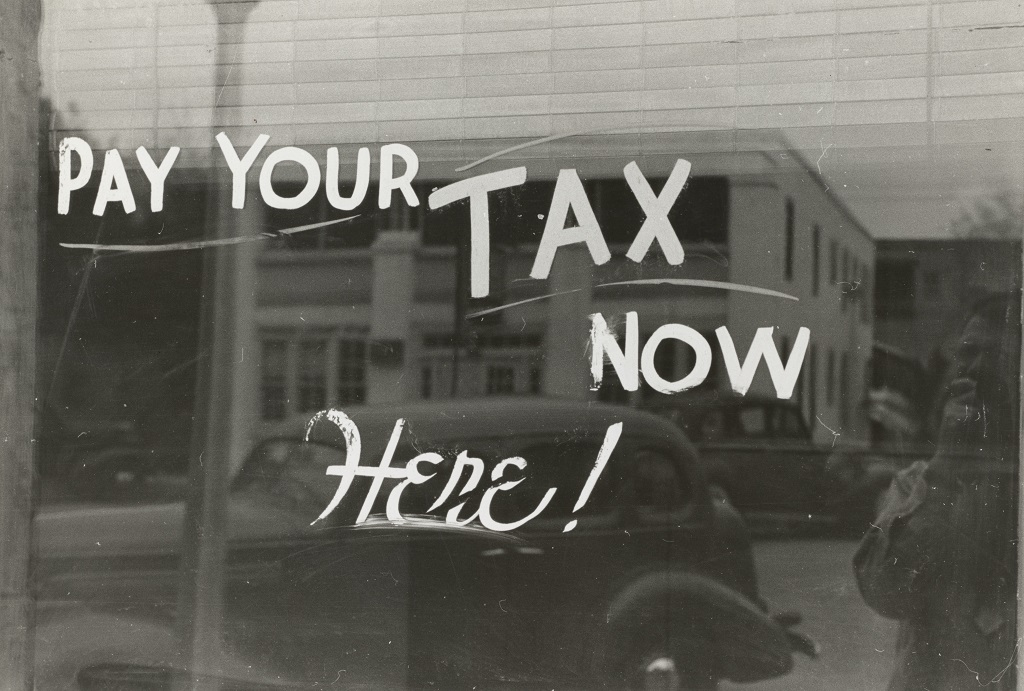
/ Unsplash / StellrWeb
What happened
The government of Canada supports news media in the country with regular funding . However, some believe that such activities place too much burden on the state budget.
To remedy the situation, a number of politicians - including the Minister of Cultural Heritage of Canada Steven Guilbeault - are proposing a new "tax on links". His idea is for Internet companies to pay authors (news portals and magazines) a license fee for the content they use - for example, when parts of published news are sent to a search engine.
Additional reading from our blog on Habré:
- The transition to IPv6 could take another ten years
- Who is implementing IPv6 - from companies to entire countries
- Replacing TCP: a discussion of the QUIC protocol
The politicians are also proposing to introduce a tax on income from digital sales of foreign companies operating in the country. The goal is to support “local producers”, that is, Canadian companies competing with foreign giants.
Criticism
Officially, the bill is not yet ready - the final version is planned to be presented in the fall - but it has already been criticized. First of all, the state commission spoke out against the adoption of the law, which conducted a preliminary analysis. The experts noted that international practice related to the "tax on links" is not showing itself well.
As an example, they cite Spain, where a similar law was approved in 2014. Then Google simply turned off the Google News service in the country, and traffic on Spanish news sites fell by 10%. The introduction of a similar tax can lead to similar consequences.

/ Unsplash / The New York Public Library
Hacker News residents in a thematic thread say that the new tax could increase the cost of digital services for Canadians, as IT companies try to compensate for the losses. In the worst case, they will simply stop providing their services.
Not the first time
This is not the first time that a tax on the Internet has been proposed in Canada. In 2018 he was considered an option from the "tax on streaming," but then he offered to take not from IT companies, and with the users - who spend more than 15 GB of traffic per month. The initiator was the TV Composers Guild of Canada , the money raised was offered to be transferred to the authors of soundtracks who do not receive royalties from streaming services like YouTube, Netflix or Amazon.
The document was criticized, at least because it puts users of streaming platforms and gamers at a disadvantage. The former will have to pay for music and films three times - for a subscription, for traffic and for Internet access to their provider. The latter will generally pay tax just like that, since they download games, the weight of which can exceed 50 GB.
The fate of this project is in limbo, and the likelihood of its adoption remains low. How the link tax situation will unfold remains to be seen.
What we write about in the corporate blog:
- 5 reasons why the transition to IPv6 has taken so long
- How the ISP's network is built
- The future of telecom operator services